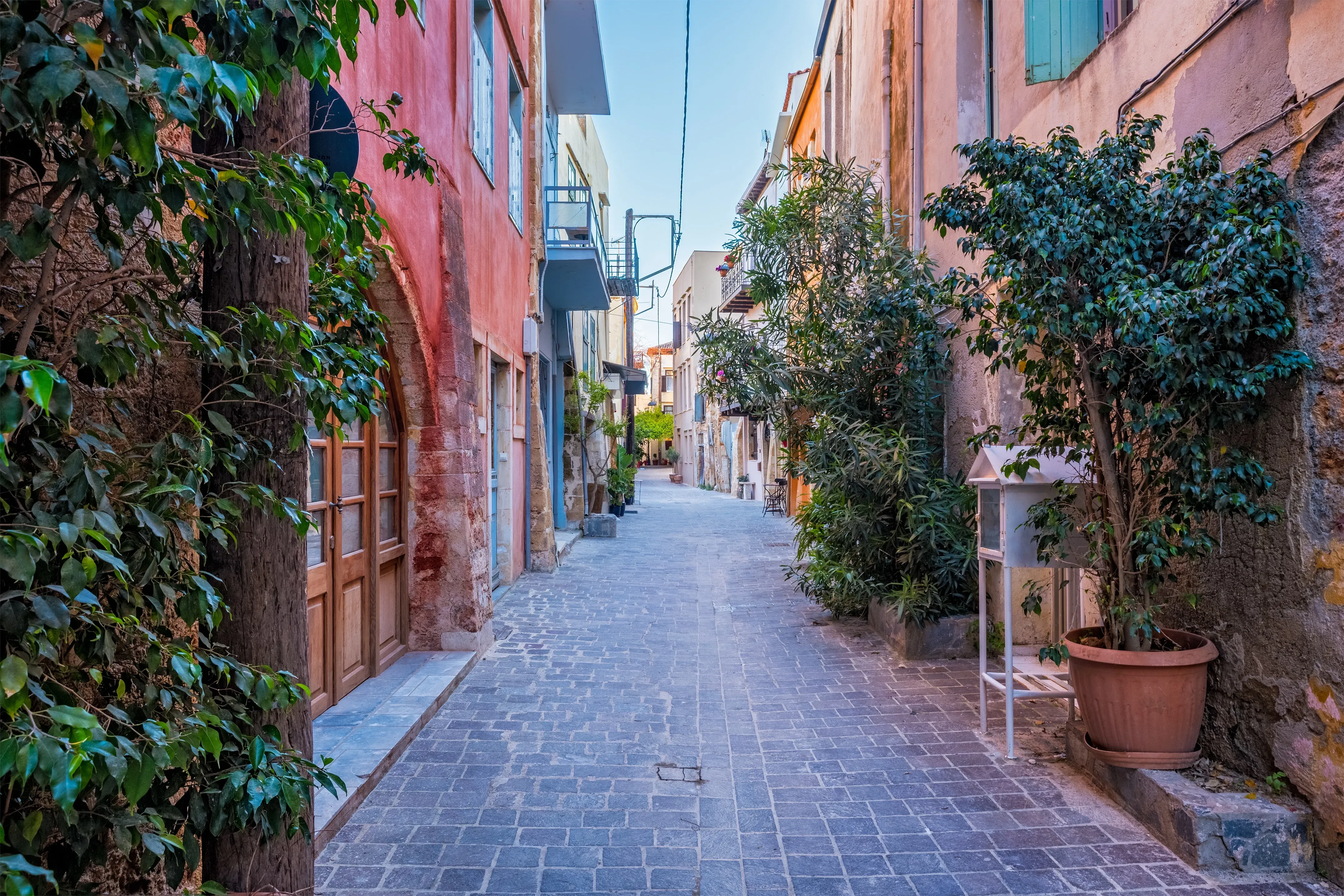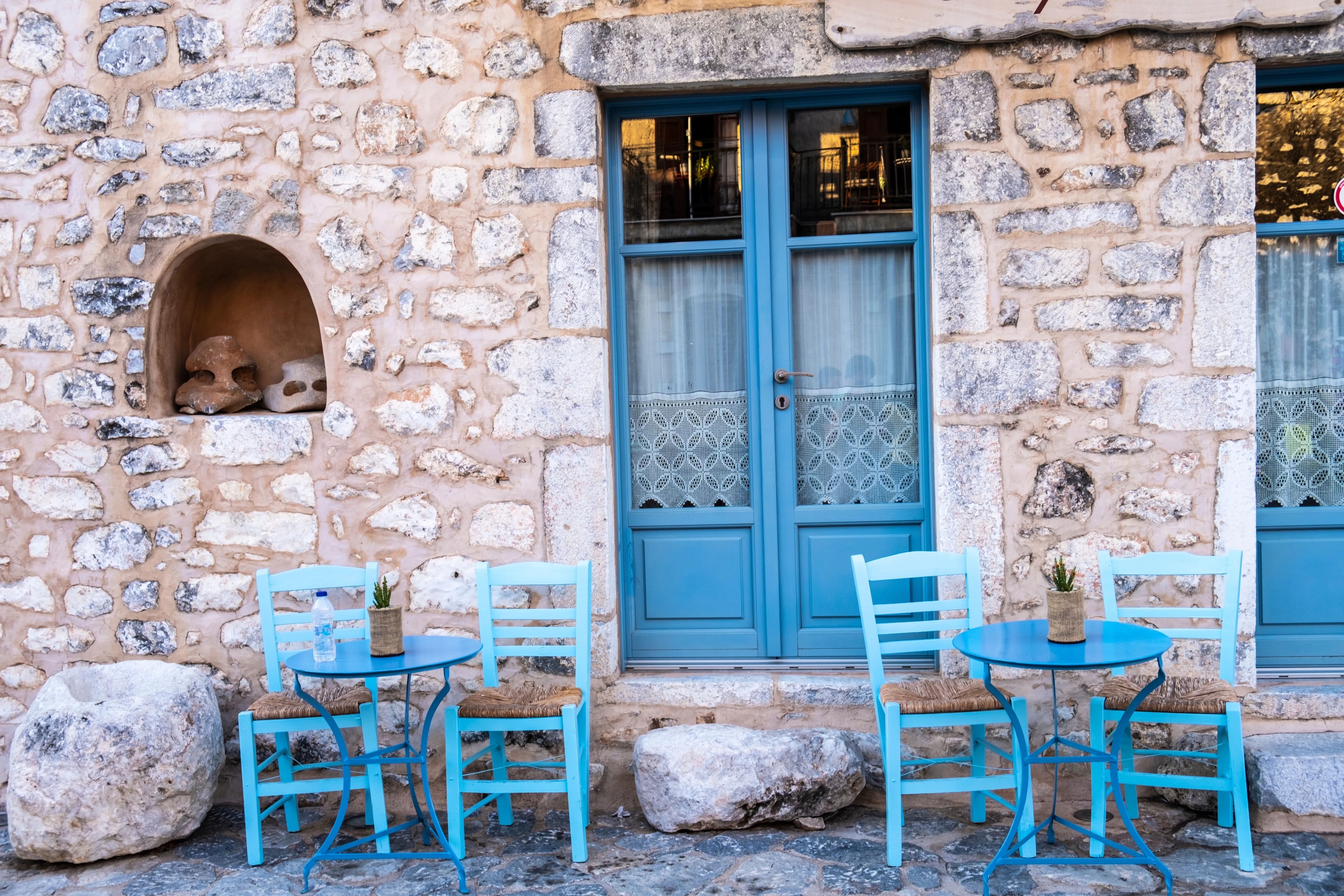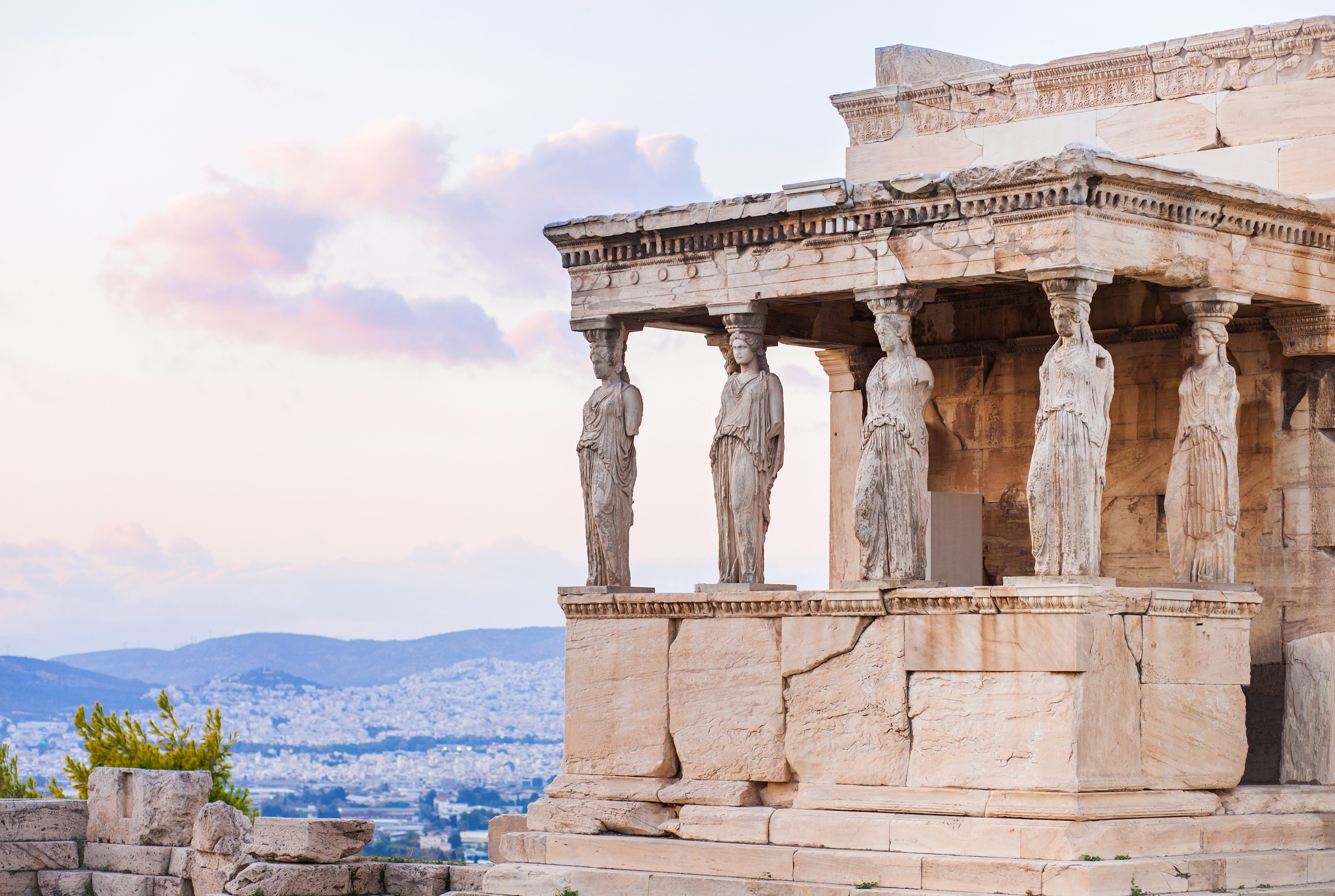Greek etiquette for tourists
Greece has an impressive historical tapestry woven from ancient mythology, powerful civilisations, and awe-inspiring architecture. Today, locals still hold their culture dear and proud. Moreover, they appreciate travellers who take the time to understand Greek etiquette nuances. Located in southern Europe on the glittering Mediterranean coast, Greece’s many charms make it one of the world’s most desirable travel destinations. Remote islands, idyllic beaches, and turquoise bays perfectly complement the country’s rich history and culture.
One can hardly be surprised that Greek people are confident, proud, and independent as a nation. After all, archaeologists regard the Ancient Greeks as among the most advanced civilisations in world history. Evidence of their genius still remains in the country’s phenomenal historical architecture and brilliant engineering. Moreover, Greeks still strongly embrace ancient art and literature as part of their modern identity.Nevertheless, locals are typically welcoming, amusing, and engaging when travellers approach them appropriately. Those who take some time to learn about Greek etiquette are likely to be rewarded with a stellar travel experience and local friends for life.
Greeting someone in Greece
Greeks are naturally warm and tactile. When meeting someone for the first time, they generally expect both parties to shake hands firmly, smile, and maintain direct eye contact especially when you are visiting as a tourist. Additionally, many people may greet you with a hug and/or two kisses - one on each cheek - which is customary to accept. Additionally, men frequently slap each other on the shoulders as a show of friendship and camaraderie.
It is the Greek way to arrive with a gift when someone invites you to their home. You do not have to bring anything fancy or expensive. In fact, this may cause your host to feel pressure to return something of similar value if you host them at a later stage. However, bringing a small gift such as flowers, a bottle of wine, or a token from your home country will greatly endear you to locals. It is Greek etiquette to wrap gifts, and hosts usually open them upon reception.
Language Dos and Don'ts in Greece
When in Greece, it's polite to use basic Greek phrases like "Kalimera" (Good morning) and "Efharisto" (Thank you). Avoid using hand gestures like the "Moutza" (an open palm facing someone), as it's considered offensive. Address people with their titles and last names unless invited to use first names. Avoid discussing sensitive topics like politics and the economic crisis unless you're very familiar with your conversation partner. Speaking loudly or using excessive hand gestures may be seen as rude. Greeks appreciate efforts to speak their language, so even simple greetings go a long way in showing respect.
»Greece is the mother of democracy and philosophy, of literature and art, of science and knowledge. She is the cradle of Western civilization.«
Greek dining etiquette
Greece’s delicious Mediterranean cuisine is world-renowned and one of the highlights of travelling the country. Furthermore, hospitality is one of the hallmarks of Greek culture, and food is integral to this concept. Locals love to cook, eat, and share food with friends and family, so if you receive an invitation to dine with locals, take it as a compliment!
Typical greek dishes
Traditional Greek cuisine is famous across the globe, and the most popular dishes are still among its most delicious, even if you have tried them dozens of times before. If not, you are in for an even bigger treat when ordering the country’s firm culinary favourites. These include:
Moussaka - the Greek take on lasagne. Layers of mince, aubergine, pasta, and bechamel sauce.
Spanakopita - crispy golden phyllo pastry parcels stuffed with spinach and feta cheese.
Gyros - This is the ultimate Greek street food, made from beef, lamb, or chicken cooked on a rotisserie. The meat is sliced finely and served on a pita with salads and a traditional Greek yoghurt and cucumber sauce called tzatziki.
Meze - these snack platters are another favourite. They are composed of traditional Greek dips, pitas, and other side dishes like olives and artichokes. Typically, these snack platters are shared between several people and enjoyed with a glass of wine at sunset or as an appetiser before meals.
Nevertheless, there is much more to Greek cuisine than traditional national dishes. Every region has a unique culinary style and local specialities, so rather than sticking to what you know, try asking locals what they recommend. You will not only have a richer culinary experience and indulge in some fantastic meals. You will also learn more about each area’s culture and people.
Eating and drinking Do's and Dont’s
Arrive hungry. Greek hospitality is deeply connected to cooking and eating together. As such, an invitation to dine with locals typically involves feeding guests enormous amounts of food, and then some more. Greeks take great pleasure in seeing visitors enjoy local cuisine; therefore, it is best to turn up with an empty stomach.
Do not be surprised if you eat family-style. Greek people often share various large platters rather than individual dishes.
Offer to help the hostess prepare or clear up after a meal is served. Tey may not appreciate the offer, but will certainly appreciate it.
Wait until a glass of wine is empty before refilling, even if the wine is the same.
Leave a tip if you are satisfied with the service you receive. Roughly 10 to 15 percent of the total bill is customary.
Other Greek etiquette practices
Practice patience
Greek time is slower and more flexible than in many other countries. The locals are fond of the saying ‘siga, siga’ - translating to ‘slow down’ or ‘take it ‘easy’. If someone says they will be back in five minutes, this may well mean a quarter of an hour. Therefore, be prepared for delays and try not to get offended.
Watch your body language
Hand gestures can mean a lot in Greece. Holding your palm out in front of you when speaking to someone is highly offensive. It is similar to giving someone the middle finger in Western culture. Therefore, it is best not even to attempt it - even as a joke. Moreover we recommend to wear modest clothes to religious sites. Greek modesty dictates that it is better to wear less revealing clothes to religious sites like churches or monasteries.
Greece is an unforgettable travel destination. Few places in the world match its scenic beauty and rich culture, while the people are naturally friendly and ebullient. However, they particularly appreciate visitors who try to understand and practice the best Greek etiquette. Following these simple dos and don’ts in Greece will ease your transition into the local lifestyle. Furthermore, it will earn the local’s gratitude and respect and possibly make you some lifelong friends.
Quick facts about Greece
- Official language: Greek
- Form of government: Parliamentary republic
- Population: 10.4 million
- Capital city: Athens
- Currency: Euro
- Time zone: Eastern European Time (EET), Eastern European Summer Time (EEST)
- Summer months: June to August
- Winter months: December to February
- Climatic warmest temperatures: 40°C
- Climatic coldest temperatures: -20°C
- Telephone area code: +30
- Standard voltage of electricity: 230 V
Reminder: Brush up on your history
Greece, often referred to as the cradle of Western civilization, boasts a rich and influential history that spans thousands of years. Ancient Greece, flourishing from the 8th to 4th centuries BCE, laid the foundations of democracy, philosophy, and science. Prominent city-states like Athens and Sparta became centers of culture and military prowess. The Classical period produced great philosophers such as Socrates, Plato, and Aristotle, and monumental works of art and architecture, including the Parthenon.
In the 4th century BCE, Alexander the Great of Macedon expanded Greek influence across three continents, creating one of the largest empires in history. Following Alexander's empire, Greece came under Roman rule, which marked the beginning of the Hellenistic period, blending Greek and Roman cultures.
After centuries under Byzantine and Ottoman rule, Greece regained independence in 1821. Modern Greece is a testament to its enduring legacy, preserving its rich cultural heritage while evolving as a vital member of the European community.
Greece etiquette summarised in a nutshell
To sum it up, Greek etiquette emphasizes respect and politeness - especially from tourists. Greet people with a friendly "Kalimera" (Good morning) and use "Efharisto" (Thank you). Handshakes are common for initial meetings, while close friends may kiss on both cheeks. It's polite to address people with their titles and last names until invited to use first names.
Avoid discussing sensitive topics like politics unless well-acquainted. Always bring a small gift when visiting someone's home, and dress modestly when visiting churches. Greeks appreciate direct eye contact and view it as a sign of honesty. Demonstrating respect for Greek customs and traditions goes a long way in social interactions.
Source references:
True Voyagers
Wolters World
CommisCEO Global
Intrepid Travel
Sign up for the newsletter
By clicking on “Subscribe now” I will subscribe to the Conscious Explorer newsletter with all the information about mindful travel. Information on the success measurement included in the consent, the use of the shipping service provider MailChimp, logging of the registration and your rights of revocation can be found in our privacy policy.















